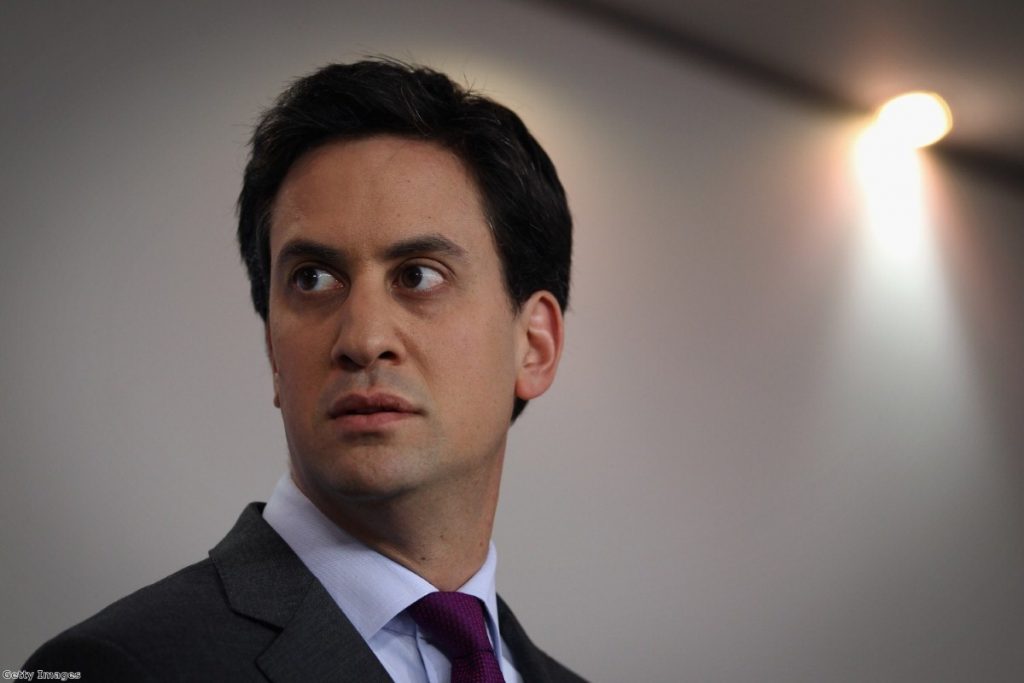Miliband takes on ‘the wrong people’
Ed Miliband has pledged to "stand up for the right people, not the wrong people" as he looks to reshape Britain's economy after 2015.
Speaking to politics.co.uk during a visit to a factory in Stevenage, the Labour leader said he needed to change voters' impressions of his own party's role in helping "a few people at the top" rather than the majority.
"One of the reasons we lost is that people felt the economy was no longer working for them," he said during a question and answer session at Propak Sheet Metal.
"Everything we've been doing in the last couple of years has been aimed at saying: 'How do we change our economy so it really works for people?' People in Stevenage, who are going out to work, putting in all the hours that God sends, but are not getting a proper return."


Miliband acknowledged that it was important to 'secure' the recovery but also called for long-term changes in the economy, including a reformed banking system, a "proper industrial policy" and a fairer tax system.
"I think for us as a party that is the central task we face: showing people that actually they will be better off under a Labour government and that we will run the economy better and we will stand up for the right people, not the wrong people," he added.
"I see from this government a government that stands up for the wrong people, not the people in this room."
Labour's Sharon Taylor lost the seat to Conservative Stephen McPartland in 2010, but is seeking to overturn his 3,578 majority in 2015 to return to Westminster.
Taylor asked Balls for more support from employers to pay those in work but on benefits a decent salary.
The shadow chancellor responded by offering support for the living wage, but raised what he claimed was a problem with the government's approach of reforming welfare to ensure that those in work are always better off.
"The trouble is to make that work there's got to be jobs, and there aren't enough jobs in the economy," he said.
Earlier today it was revealed that just two per cent of those enrolled in the government's flagship work programme scheme had found work for six months or more.
"It's actually making things worse than if people just stayed unemployed instead of getting a job – that's ridiculous," Balls commented.
"That means that the benefits bill is now over £20 million higher than two years ago. This welfare reform isn't working, it's failing."
Miliband said the difficulties encountered by the coalition's welfare reform agenda reflected problems with the tax system.
"Many of the people in this room have seen their taxes go up. But there's one group which has seen a tax cut," he said, referring to the 8,000 millionaires who are benefiting from the income tax top rate cut from 50p to 45p in March's Budget.
"When I look at all the other priorities this country has, I think that's the wrong priority," he said.
"Why are they choosing that wrong priority? They don't seem to understand that growth in this country comes from the hard-working people in this room, not saying 'let's cut the taxes for the richest people in society, and hope the wealth trickles down'."

